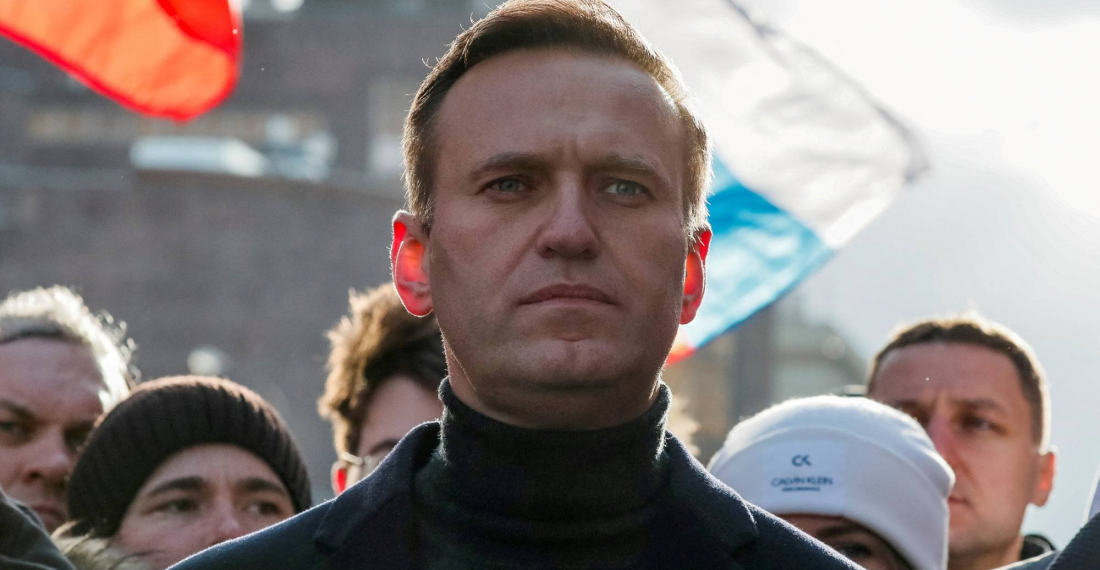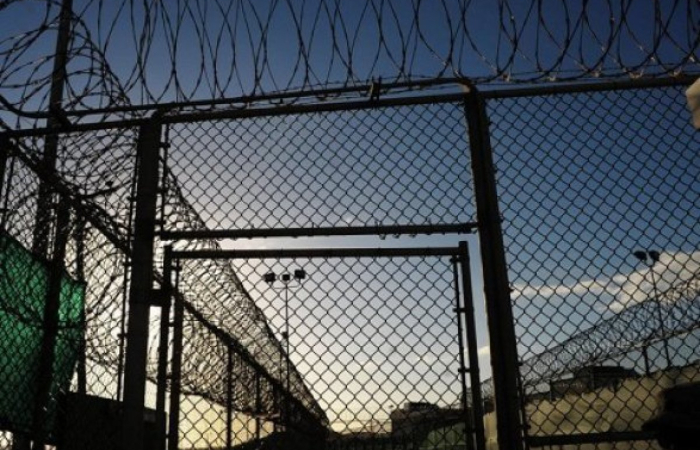Russian opposition leader and anti-corruption activist, Alexei Navalny, has been charged with a number of crimes which could lead to him serving another 13 years in detention. Navalny is charged with financial fraud and disrespect for the judiciary. The Russian prosecutor office asked for Navalny to be convicted and sentenced to serve his extended prison sentence in a maximum-security cell complex. and receive a fine of 1.2 million roubles (almost 10,000 euros).
Currently, Navalny is serving a 2.5-year prison sentence in a penal colony about 100 km from Moscow. He was sentenced a year ago for allegedly violating the terms of a 2014 conviction. In 2014, he was found guilty of fraud with his brother, through which he allegedly stole more than 400,000 euros from cosmetics company Yves Rocher. The opposition leader denied guilt and spoke of a political trial. The European Court of Human Rights also decided in 2017 that this criminal case was not based on any criminal offence.
Supporters of the opposition leader speak of a political trial with fabricated charges. Human rights organisation Amnesty International, which claims to have seen documents related to the charges, also concludes that the prosecution is politically motivated.






